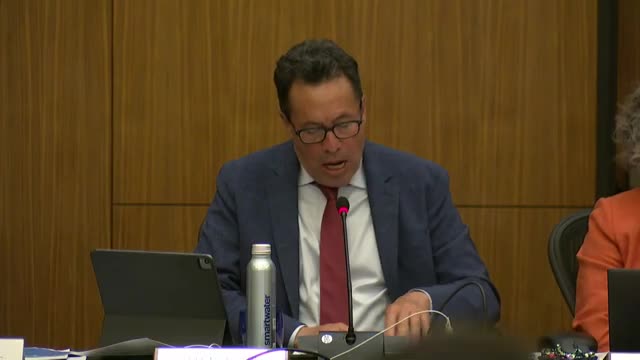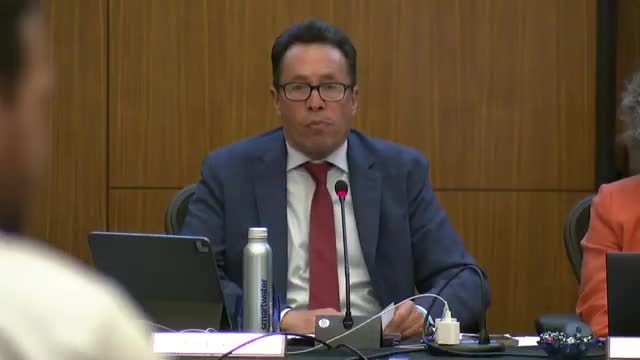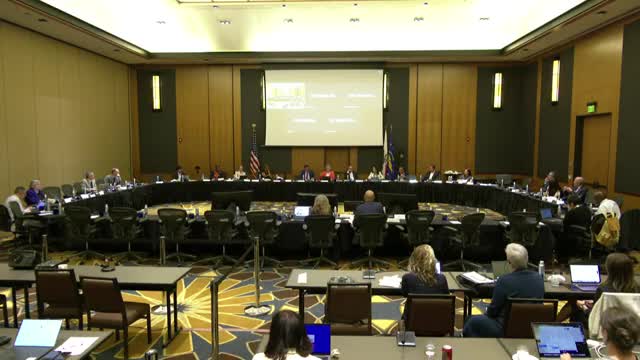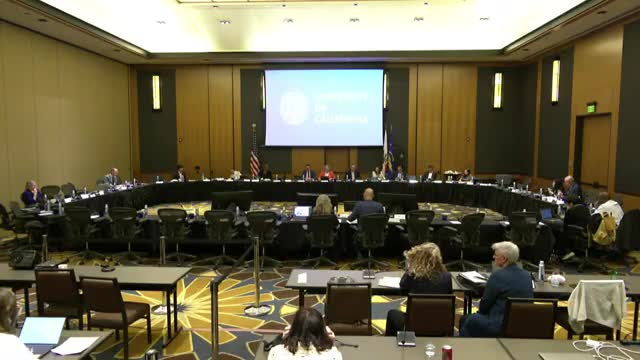Article not found
This article is no longer available. But don't worry—we've gathered other articles that discuss the same topic.

UC updates campus incident reporting: initial assessments to be completed within 30 business days, administrators say

Seymour Marine Discovery Center showcases community‑driven climate resilience and science education

UC launches alumni outcomes dashboard to map top employers, occupations and evolving skills demand

